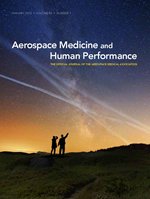 A journal is retracting three papers — including one that is highly cited — after learning the reviewers that recommended publication had conflicts of interest.
A journal is retracting three papers — including one that is highly cited — after learning the reviewers that recommended publication had conflicts of interest.
This is a case of family values gone awry: The author common to all papers is Cheng-Wu Chen at the National Kaohsiung Marine University in Taiwan, the twin brother of one Peter Chen, who was a the center of a peer review ring that SAGE busted in 2014 (and holder of the number #3 spot on our leaderboard). Cheng-Wu Chen apparently wasn’t an innocent bystander in that episode: Of the 60 retracted papers by SAGE, Cheng-Wu Chen was a co-author on 21.
The retraction notes for all three papers — published in Human Factors and Ergonomics in Manufacturing & Service Industries — are identical:
Continue reading Author in 2014 peer review ring loses 3 more papers for peer review problems

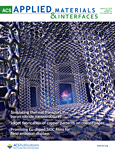

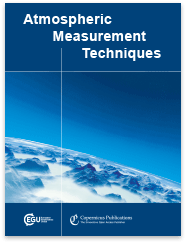 To climate scientist Pieter Tans, a “novel” air sampling device in a recent paper looked a little too familiar. Specifically, like a device that he had invented —
To climate scientist Pieter Tans, a “novel” air sampling device in a recent paper looked a little too familiar. Specifically, like a device that he had invented — 
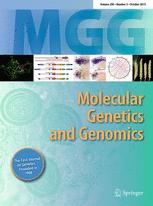 A
A 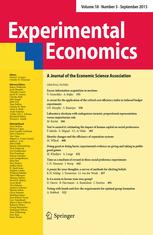
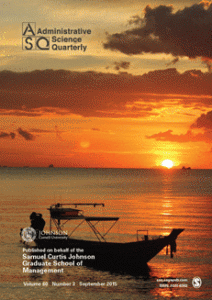 It may not be much of a surprise that narcissistic CEOs of pharmaceutical companies will make bold choices, such as adopting radically new technology. That idea remains true, despite a lengthy correction to a paper that supports it.
It may not be much of a surprise that narcissistic CEOs of pharmaceutical companies will make bold choices, such as adopting radically new technology. That idea remains true, despite a lengthy correction to a paper that supports it.